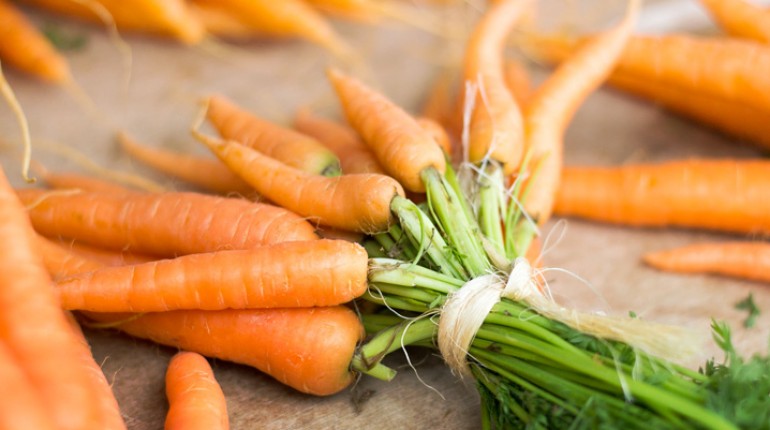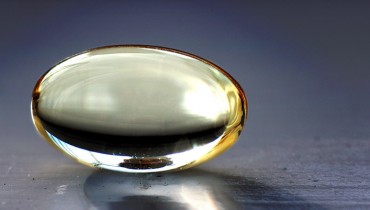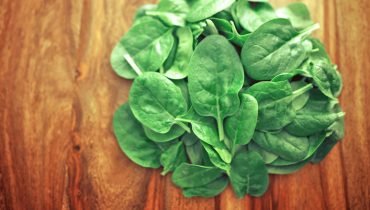Vitamin A is fat soluble, which means that the body stores it, mostly in the liver. That also means that it is possible to build up toxic levels of it in the body. This rarely happens from food sources because as the body builds up supplies of vitamin A, it will slow down the processing of beta carotene conversion to vitamin A. When people do get vitamin A toxicity, it is usually from taking too much in supplemental, or pill, form. Toxic levels of vitamin A can cause liver problems, central nervous system problems, deterioration of bone density, and birth defects.
Vitamin A is also helpful to bone growth and your immune system. As with other vitamins, there are different forms of vitamin A. One of the forms that is most usable to the body is called retinol, and it can be found in liver, eggs, and milk. One of the most common provitamin A carotenoids that the body converts easily to retinol is beta carotene, and it is found in carrots, sweet potatoes, spinach, and cantaloupe. Vitamin A is also one of the vitamins often used to fortify breakfast cereals.
Vitamin A has also been reputed to help you attain naturally healthy skin and maintain good complexion. It helps your skin retain moisture, prevent from having blackheads and breakouts and aids in the treatment of pimples and acne as well as other skin ailments. Vitamin A even helps in delaying the aging process that is why it is an important ingredient in most anti-aging products.
But the most important benefit that Vitamin A could provide is that it contains properties that could work against the dreaded cancer. Vitamin A helps protect against lung cancer. There have been studies conducted and it shows that vitamin A does play an important role against this sickness.
We can obtain vitamin A from food sources like animal kidney and liver, fish liver oils, fruits and vegetables that are yellow orange in color like melon, orange, mango, peach, carrots, and others which contain beta carotene (one of the components of vitamin A), dairy products like milk, cheese cream, butter and eggs and certain green vegetables like broccoli, spinach and lettuce. Beta Carotene can be converted into Vitamin A when more supply is required by the body.







